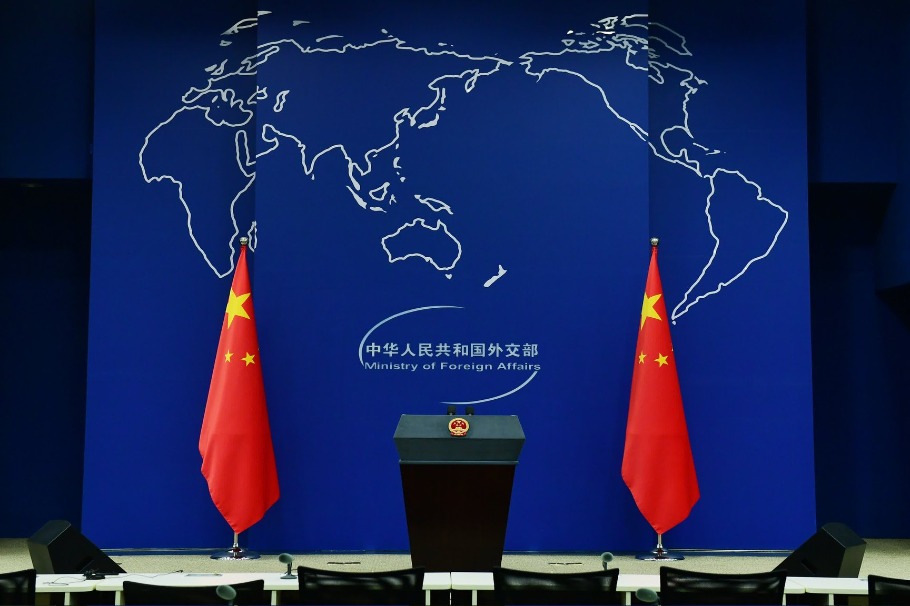China boosts reforms of local financial regulatory system
Xinhua | Updated: 2024-02-28 10:00

BEIJING - With reforms of China's financial regulatory system basically completed at the central level, the country is now advancing such reforms at the local level.
At the central level, the Central Financial Commission was unveiled last year to ensure top-level design, overall planning, better coordination, holistic development and solid implementation of work plans related to financial stability and development. The Central Financial Work Commission was also set up.
The National Administration of Financial Regulation was officially set up last year as China's new financial regulator.
Since the central-level moves were made, local agencies have emerged one after another. So far, more than 20 provincial-level regions have set up local agencies of the central financial regulatory authorities.
According to Dong Ximiao, a researcher at the Institute for Financial Studies, Fudan University, the establishment of the local financial regulatory branches will strengthen the leadership of the Communist Party of China on financial work at the local level.
The central and local financial supervision will be more closely linked, which is conducive to strengthening the coordination between the central and local authorities and improving the efficiency of local financial supervision, said Dong.
In the new round of financial regulatory reforms, it is becoming increasingly imperative to deepen reforms of the local financial regulatory system and strengthen the coordination of central and local supervision.
Local regions play an important role in preventing and resolving financial risks. However, for historical reasons, local financial regulatory bodies are relatively weak, and there are contradictions in dealing with the relationship between financial development and better supervision.
Adjusting and divesting the functions of local financial regulatory authorities in financial development and attracting investment inflows can prevent them from being both "judges" and "athletes," thus enabling them to focus solely on regulation and risk prevention, Dong said.
The necessity of central and local collaboration is reflected in two aspects, namely daily supervision and risk resolution, said Zeng Gang, deputy director of the National Institution for Finance and Development.
The inconsistency of central and local regulatory rules may lead to regulatory arbitrage, he said, adding that only when the central and local authorities further work together can actions be unified and policies be consistent, with full coverage of financial supervision achieved.
The task of risk prevention remains arduous amid complex financial innovation. It is imperative to boost the coordination of central and local supervision, as well as work to upgrade the efficiency of local financial supervision.
China has sent strong signals on building itself into a financial powerhouse as part of its efforts to pursue the high-quality development of the financial sector.
The central financial work conference held in October called for accelerating the building of a nation with a strong financial sector, which elevates the importance of financial work to a higher strategic level.
China's financial institutions have seen increased strength and influence, with more than 4,000 banking institutions in total and five lenders assessed as global systemically important banks. Yet their development remains uneven and their competitiveness needs to be strengthened.
























